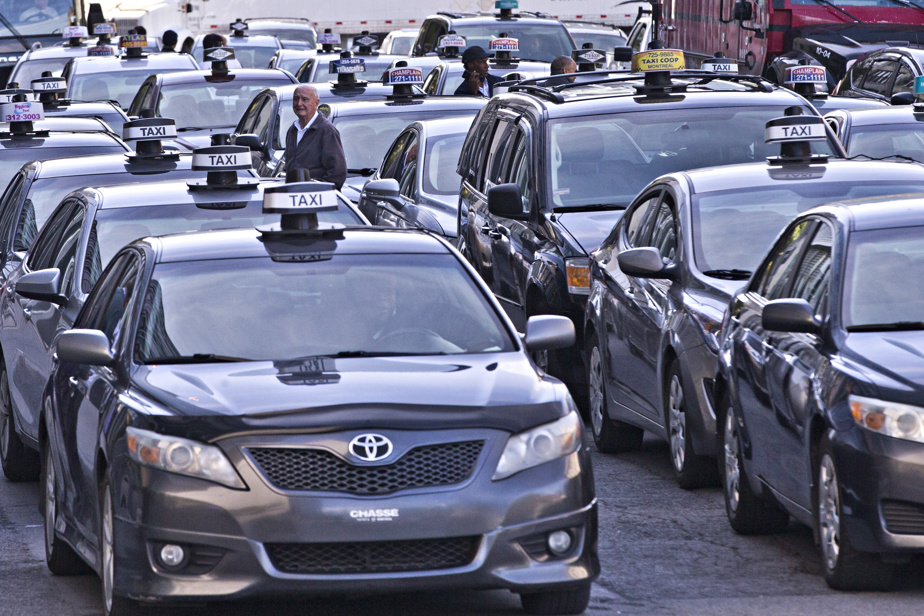The Quebec Superior Court today ordered the Quebec government to pay more than $219 million for having “illegally expropriated, without fair compensation,” the taxi permits of owners for the benefit of the giant Uber.
This judgment stems from a class action brought by more than 6,000 former taxi license owners after Quebec concluded a pilot project with the multinational Uber in September 2016, when the latter refused to respect Quebec laws regarding the holding of licenses professionals.
Nearly 144 million are therefore claimed as expropriation compensation, to which are added interest and additional compensation calculated from September 2016 ($27,000 per day), bringing the total to more than 219 million.
For the Court, the authorization of such a pilot project with Uber was the first step in the expropriation process which resulted in the complete abolition of the taxi permit system in October 2019 for the benefit of the multinational.
In her judgment, the honorable judge Silvana Conte recognizes that taxi licenses represented an important financial asset for holders who have often worked all their lives and that the government brushed aside by deciding to abolish them.
By ending the market for taxi owner permits, Quebec also put an end to the status of these permits which were until then considered capital goods that could be assigned, transferred and sold.
The government then implemented several compensation programs to compensate taxi license owners.
The first took place after the adoption of the pilot project with Uber. The government then allocated an envelope of 250 million to compensate for the loss of value of the permits after the arrival of the multinational.
A second compensation program then saw the light of day in 2019 after the adoption of the law abolishing taxi licenses. This program was based on the acquisition price of permits.
“Those who paid $10,000 in the 70s for their license, they were not fairly compensated by the government whereas someone who bought it in 2013 is going to have received $200,000,” says- he. [The people who testified] almost all said that it had an impact on their retirement, because they had prepared to live with the income from this license when they retired, but they lost this asset. »
The compensation already awarded to former drivers, added to the amount of the latest judgment, would represent more than a billion dollars from Quebec taxpayers.
“The government made the political choice not to fully compensate these people and the reality is that this choice cost Quebec citizens tens of millions of dollars,” adds Me Charest-Beaudry.
The collective action originally requested 310 million, which corresponds to the value of taxi permits when Uber arrived in 2014. However, the judgment chose to stop at 2016 to measure the amount claimed and to ask Quebec for 144 million.
However, a class action is still underway against Uber for the loss of revenue caused. Me Charest-Beaudry hopes to be able to claim the difference of 25 million from the multinational.




